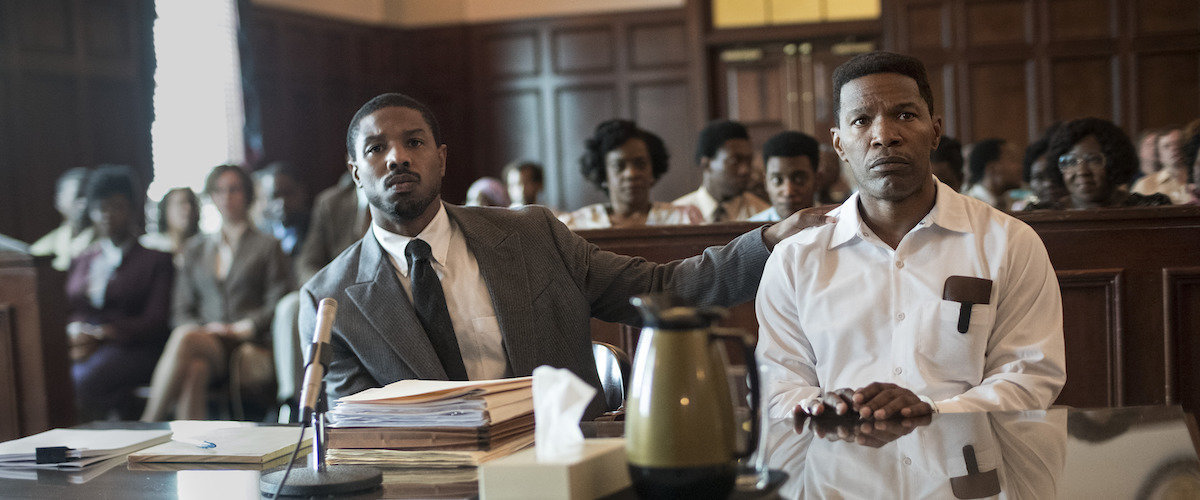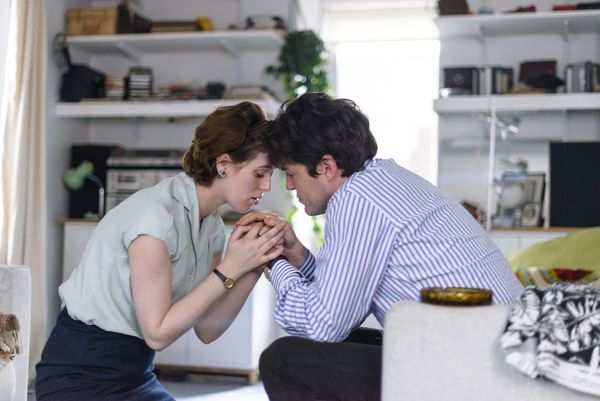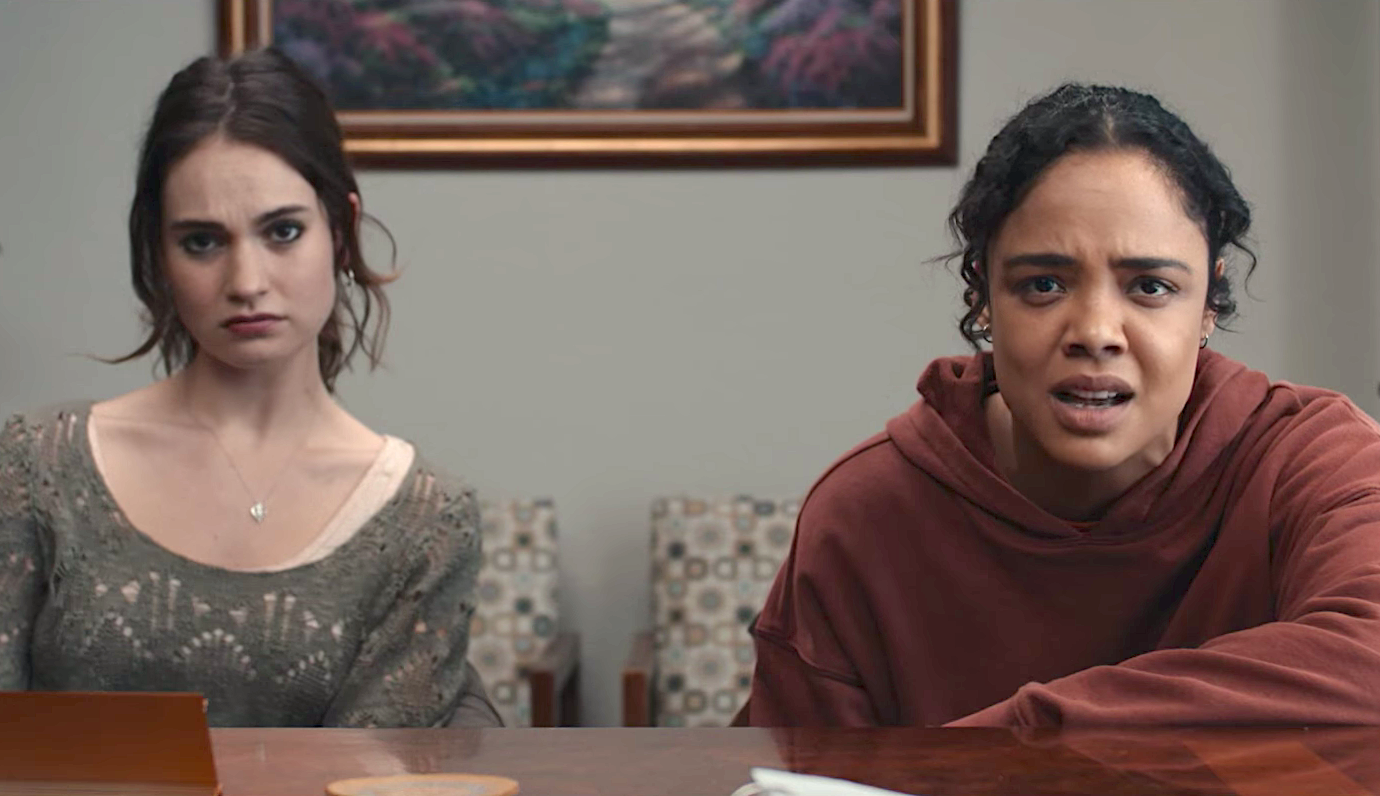Wander Darkly
by George Wolf
At this point, there’s nothing surprising about a terrific performance from Sienna Miller. The really curious thing is why she still seems to fly so far under the radar.
Maybe it’s the knack she has for adopting unrecognizable looks and unique personalities from role to role, making it harder to tie her to an easily recalled resume. Whatever the cause, the effect Miller has on Wander Darkly is seismic, with an award-worthy turn that gives the film much of its emotional pull.
Miller is Adrienne, a new mom who’s starting to question her relationship with Matteo (Diego Luna, also stellar). Despite a child and a new mortgage, the couple hasn’t married, and as a rare date night out turns disappointing, they’re involved in a nasty car accident.
Dazed and disoriented, Adrienne believes she has died. While her parents and friends whisper “psychiatry,” Matteo tries to convince Adrienne that she is indeed still alive and recovering in the real, physical world.
Writer/director Tara Miele’s narrative is ambitious, surreal, touching and at times even terrifying, but it’s ultimately the sheer talents of Miller and Luna that keep the film from falling prey to gimmickry.
We re-live the couple’s journey together as they do, visually drifting through transfixing waves of history where both Adrienne and Matteo pepper the flashbacks with hindsight benefitting from their current perspectives.
As they make new admissions and wonder about who may be guilty of misremembering, the couple is reminded of why they first committed to each other, even as they search their respective memories for the exact moment it started to go wrong.
Whether or not you sniff out what Miele has in mind, where the film lands doesn’t quite deliver on its promise of profundity. But the cascade of emotion required to manifest this trauma is beautifully realized by Miller, and her chemistry with Luna makes it inviting to become invested.
You care about these characters, and that opens the door to care about Wander Darkly.












